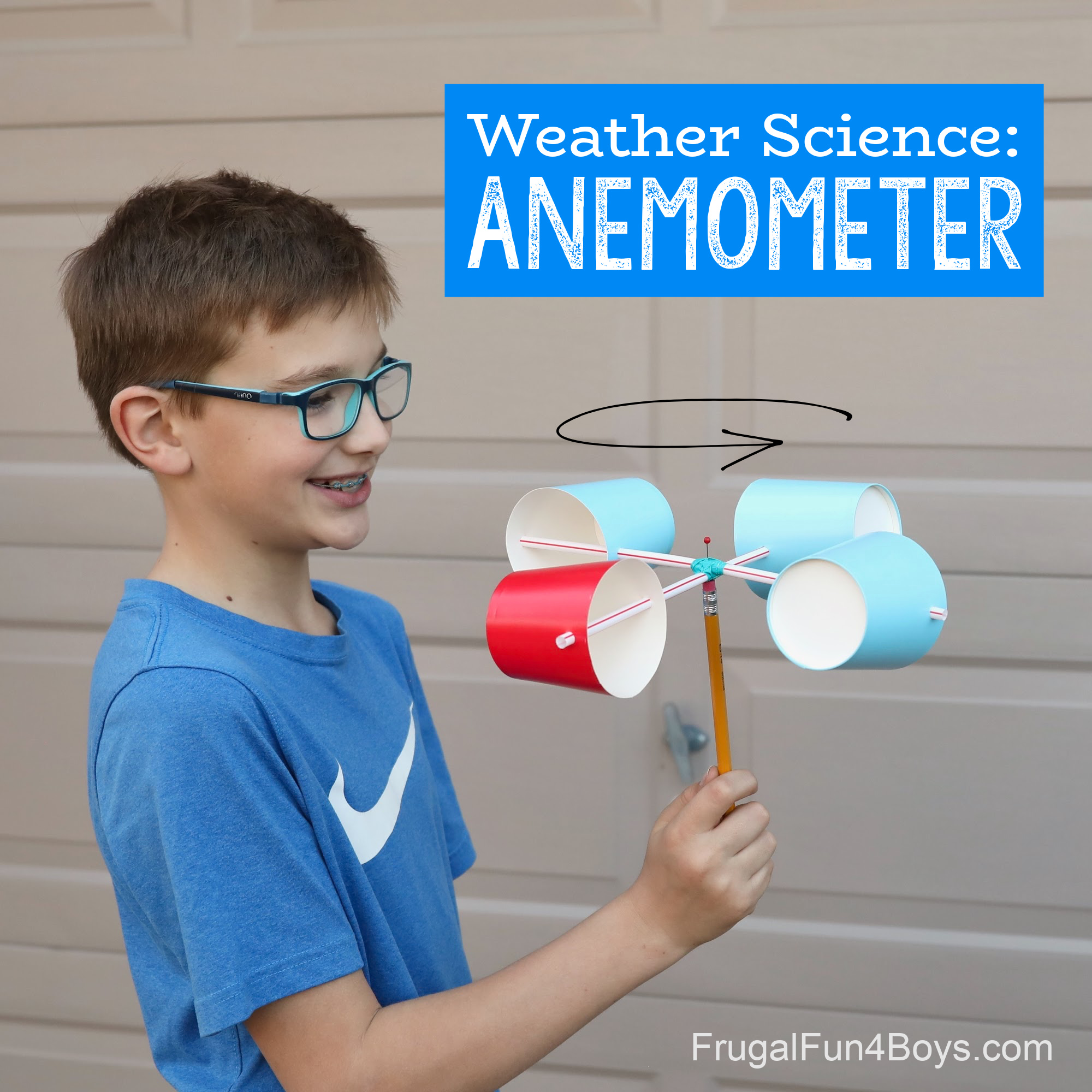Anemometers Introduced: Recognizing Their Value in Environmental Surveillance and Precaution
The role of anemometers in environmental monitoring and safety measures is often taken too lightly, yet their significance is obvious. From weather forecasting to air travel safety and security, anemometers play an essential duty in offering exact data that informs decision-making procedures and boosts general security.
History of Anemometers
The development of anemometers can be traced back to the ancient worlds where rudimentary wind gauging tools were initial utilized. One of the earliest well-known anemometers was the hemispherical cup anemometer designed by Leon Battista Alberti in the 15th century.
In the 18th century, the distinguished researcher John Thomas Romney Robinson introduced the Robinson anemometer, which included four hemispherical mugs installed on horizontal arms that expanded from a central axis. This style became a criterion in atmospheric measurements due to its precision and dependability. Over the years, improvements in technology brought about the advancement of even more modern anemometers, consisting of ultrasonic anemometers and laser Doppler anemometers, offering raised precision and effectiveness in gauging wind rate and instructions. The background of anemometers showcases an amazing trip of innovation and progression in the area of weather forecasting.
Kinds Of Anemometers
Throughout the area of meteorology, numerous types of anemometers have actually been created to properly gauge wind rate and direction. Sonic anemometers utilize ultrasonic signals to determine wind speed and instructions properly. Hot-wire anemometers operate based on the concept that the cooling effect of wind on a warmed cord is proportional to the wind rate.
Applications in Weather Forecasting
Having actually discussed the different types of anemometers used in weather forecasting for measuring wind speed and instructions, it is important to explore their useful applications in the area. Anemometers play an essential role in meteorology by providing precise and real-time information on wind problems (anemometer). Meteorologists make use of anemometers to monitor wind speed and instructions to forecast weather patterns, concern warnings for serious weather occasions like twisters, storms, and storms, and analyze climatic conditions for aviation security
In meteorology, anemometers aid in understanding regional and regional wind patterns, which are important for predicting weather condition adjustments and figuring out climatic trends. These tools are likewise used in study to research microclimates, urban heat islands, and air pollution diffusion. In addition, anemometers are utilized in farming to optimize plant management techniques, such as irrigation and chemical application, based upon wind conditions.
Significance in Aeronautics Safety
An important element of making certain aeronautics safety lies in the careful surveillance of wind problems using anemometers. Anemometers play a crucial duty in aviation by supplying real-time information on wind speed and instructions, assisting pilots in making educated choices during take-off, landing, you could try this out and flight. Solid and unpredictable winds can significantly influence airplane procedures, making it crucial for aeronautics authorities to rely upon precise wind measurements to guarantee the safety of passengers and team.

In the vibrant setting of aeronautics, where also small changes in wind rate and direction can have profound effects, anemometers stand as indispensable devices for advertising safe and secure flight.
Role in Environmental Study
Anemometers play an essential role in ecological research by offering necessary information on wind rate and instructions. By properly measuring wind qualities, anemometers assist researchers evaluate the movement of contaminants in the air, examine the influence of industrial discharges, and anticipate the spread of pollutants in the setting.


Final Thought
In conclusion, anemometers have actually played a vital role in environmental tracking and security steps. Recognizing the significance of anemometers is vital for accurately gauging wind rate and instructions, which is essential for forecasting climate patterns, making certain safe aeronautics operations, and carrying out ecological research studies.
One of the earliest known anemometers was the hemispherical cup anemometer designed by Leon Battista Alberti in the 15th century. Over the years, developments in innovation led to the growth of even more modern-day anemometers, consisting of ultrasonic anemometers and laser Doppler anemometers, offering increased precision and effectiveness in determining wind speed and instructions. Hot-wire anemometers operate based on the concept that the cooling result of wind on a warmed wire is symmetrical to the wind speed. Meteorologists make use of anemometers to visit this page keep track of wind speed and direction to forecast weather patterns, issue cautions for severe climate events like storms, storms, and tornadoes, and analyze climatic conditions for aeronautics safety.
Understanding the importance of anemometers is crucial for properly determining wind rate and direction, which is important for anticipating weather condition patterns, making sure risk-free aeronautics procedures, and conducting environmental researches. (anemometer)